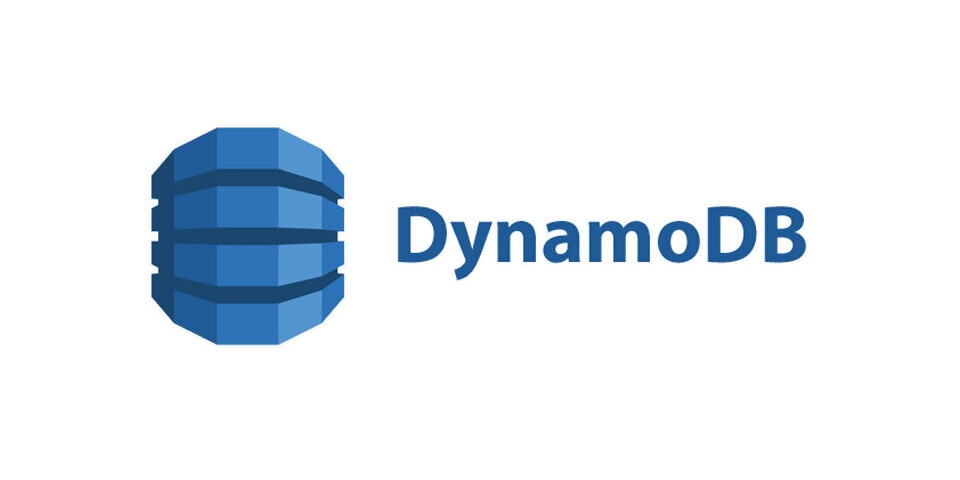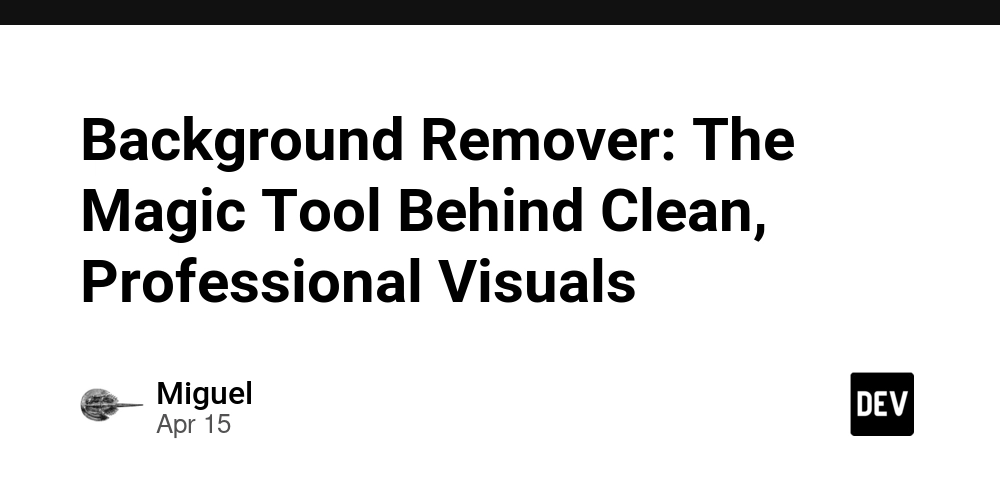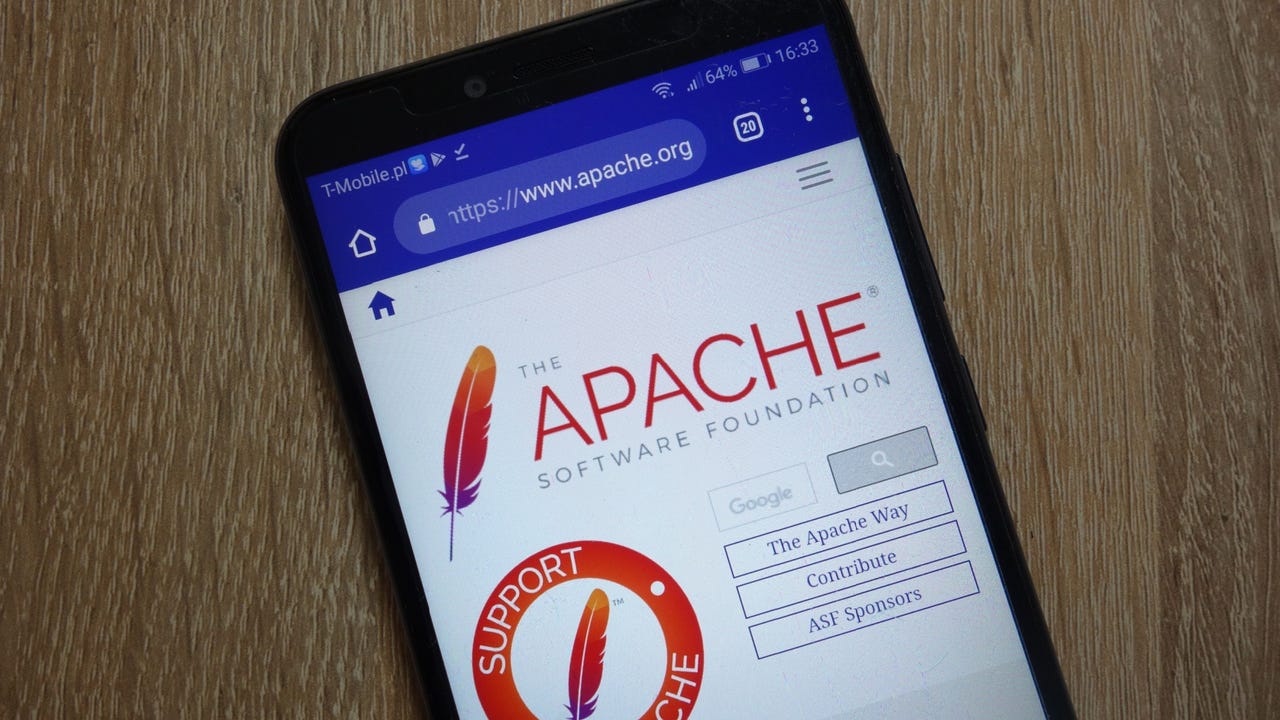How Doctors Can Maximize Their Earning Potential with an Unconventional Career
Doctors could earn more income and reach financial freedom earlier by incorporating unconventional jobs into their careers. The post How Doctors Can Maximize Their Earning Potential with an Unconventional Career appeared first on The White Coat Investor - Investing & Personal Finance for Doctors.

 By Dr. Sylvie Stacy, Guest Writer
By Dr. Sylvie Stacy, Guest WriterMost professionals strive to increase their income as their careers progress. Across industries and professions, the resounding advice on how to accomplish this is to do one of two things:
- Get promoted, or
- Switch jobs.
Both of these are typically accompanied by a salary increase.
Beyond these general strategies, there are two pieces of widely prevalent advice for medical students and residents aiming to maximize their future compensation as physicians:
- Choose a high-paying medical specialty, and
- Go into private practice.
This can be good advice for some. But high-paying medical specialties tend to be very competitive, and they are not a good fit for many students. Additionally, many early-career physicians now find employed positions easier to come by and more appealing than the challenges of starting or joining a private practice. Taken together, the prevailing guidance for how to maximize your earnings as a physician is inadequate. In fact, it may limit your income potential.
There are more factors and avenues that all doctors should consider to earn more and reach financial freedom. One great option is incorporating unconventional jobs—either part-time or full-time—into your career.
What do I mean by “unconventional?” Physicians tend to restrict their thinking about job opportunities to traditional, full-time patient care in a hospital or outpatient practice. We become used to these clinical settings and the routines that accompany them throughout our rotations in medical school and residency.
However, there are so many other types of work that utilize your medical skills and knowledge. These include:
- A huge range of less common patient care settings.
- Opportunities in specialized clinics and in practices with innovative business models.
- Roles focused on treating unique patient populations.
- Clinical niches that aren’t recognized as specific medical specialties or subspecialties by the ABMS.
- Jobs with organizations in a variety of industries and sectors that rely on physicians for nonclinical work.
. . . and more. My books, 50 Unconventional Clinical Careers for Physicians and 50 Nonclinical Careers for Physicians cover these in great detail.
Exploring less conventional career paths is a way to diversify your professional experience. What is less obvious, though, is that unconventional jobs are also a way to enhance your earning potential—especially when used to complement or enhance a steady, full-time job (a side gig, if you will). The remainder of this post will cover six reasons why.
Unconventional Work Is Like Cross-Training
An unconventional career gives a physician the chance to broaden their skill set and knowledge base beyond what traditional roles allow. Engaging in something out of the ordinary also prepares you for a wider range of opportunities down the road, some of which come with higher pay.
As an example, one colleague of mine branched out of his conventional hospitalist career by taking a part-time role as the medical director at a nearby jail. It required just 2-3 hours per week, but he gained significant exposure to the patient presentations and medical conditions that are common in the incarcerated population. The job also involved medical oversight tasks like quality management and peer reviews, providing him with leadership experience to take with him to the next stage of his career.
Another example is a urologist I recently spoke with who has been doing medical editing work in his spare time for a popular web-based point-of-care clinical reference tool. Though he's editing content in his field of specialization, it often falls out of the scope of the “bread and butter” cases that he sees routinely in his clinic. He has to delve into the latest urology research and study outcomes to do his side gig work. As a result of staying at the forefront of his field, he believes he is now a more valuable resource within his large group urology practice.
With more skills and more diverse experience under your belt, you can choose work that aligns with your personal and financial goals while turning down opportunities that don’t. You can be selective.
Unconventional roles often lead to networking and collaboration opportunities outside your usual medical circles, as well. Engaging in a wider variety of professional activities can connect you with high-paying opportunities, potentially leading to career advancements that might otherwise have been out of reach.
More information here:
7 Physician Side Gigs (and the Pros and Cons of Each)
The Wonders of Telemedicine for a Doctor
Unconventional Side Gigs Come with Flexibility and Efficiency
Many unconventional side gigs offer flexibility that traditional roles cannot. Many are also more time-efficient in terms of compensation. Having flexibility in your work structure or work hours can mean the difference between being able to accept an opportunity vs. having to turn it down. And, of course, accepting the opportunity means more income.
There are oodles of unconventional opportunities that can be done in addition to a doctor’s full-time job. Many non-traditional healthcare settings offer atypical hours or the autonomy to choose when you work. A couple of examples include nursing home medical directors who can decide the days and times to see patients at the facility and physicians working in certified Opioid Treatment Programs (ie, methadone clinics) with very early morning hours.
To sweeten the financial deal, unconventional roles often require very little overhead. There are a lot of opportunities in telemedicine and other types of virtual practice, for instance, in which there are no expenses associated with commuting, buying medical equipment, or renting office space. Nonclinical consulting gigs, too, can be performed from anywhere with just your phone and a computer. All of this translates into higher net income and a lower time investment on your part.
Unconventional Jobs Compensate Highly for Your Time and Expertise
Unconventional jobs allow you to leverage your expertise and knowledge for higher compensation. Many roles require specialized skills in niche markets, where the demand is high but the supply of qualified professionals is limited.
This means you can command higher rates for your services—whether those services are nonclinical work or engaging in patient care outside of the traditional insurance model.
Don't undervalue yourself.
Expert witness work, legal consulting, and independent medical exams are examples of side gig work in which physicians set their own rates, which are typically significantly higher than what they earn per hour for their standard clinical work. Most physician expert witnesses can charge at least $500 per hour for case reviews and even more for giving testimonies. Knowledge consulting through platforms like Guidepoint and GLG is a similar example.
Involvement in health tech startups or other health-related business ventures is yet another option. Early-stage companies usually don't have a need for a full-time chief medical officer, but they still need someone with medical expertise to provide insight and input into things like business strategy, marketing messages, and product design. They might hire a doctor for just a couple hours per week at a high hourly rate, plus perhaps some equity in the company.
More information here:
How to Actually Get Paid as an Expert Witness (or Any Other Side Gig)
How Being an Expert Witness Can Make You a Better Doctor
Your Credentials Are Needed for Many Healthcare Organizations to Function
Some medical positions held by physicians are required roles according to the rules, regulations, or standards that pertain to the healthcare service being offered. This creates a number of unique and lucrative niches for physicians. Rules from federal agencies like CMS, SAMHSA, and even DOT include a requirement for a licensed medical director or other required function of a supervisory physician in certain situations. Many states have their own regulations for various healthcare settings and services, as well.
Examples of such regulations include those that pertain to hospice care, blood and plasma donation centers, EMS agencies, home health agencies, laboratories, addiction treatment and detox facilities, and dialysis centers. Most of these require a medical director to oversee clinical quality. Healthcare organizations of these types essentially cannot function without a physician acting as medical director. This creates unconventional income-generating opportunities for you.
Medical directorships and other roles required by state and federal laws don’t always require many hours or a strict schedule, so you can be compensated for your expertise and oversight without much sacrifice.
You Might End Up Starting Your Own Business
For many unconventional part-time jobs and side gigs, you’ll be hired as an independent contractor (aka 1099 contractor). As an independent contractor, you are working for yourself. According to the IRS’s definition, you should be able to determine how, when, and where you perform the work (granted, the “when” and “where” parts are often set in stone when direct patient care is involved). You have the flexibility to set your own rates. You can deduct your business expenses from your income for tax purposes. You can start your own solo 401(k). You are in control.
If you do this for just one client or a few clients, you’re “just” a contractor. However, once you start doing more and more of the same type of work for a growing list of clients, you’ll find that you have to develop systems and processes to make the work more streamlined and to help standardize your work product. For instance, you’ll want a program, format, and process for invoicing your clients. You’ll start getting potential clients reaching out to you, so you’ll probably want a standard set of questions to use during your initial conversation with them. Essentially, you’ll start functioning like a true business.
You might start getting more work than you can handle—at which point you’ll need to decide if you want to bring on other contractors and become an agency or potentially even hire employees. Once that happens, the sky is the limit in terms of your earning potential.
This growth process is no different than what happens in traditional private practice. But with the majority of doctors taking employed positions these days, most have somewhat of an income ceiling. They either have a set salary or a performance-based compensation that realistically can only go up so high.
Along those same lines, don’t be fooled into thinking that traditional private practice is the only way to have your own income-generating business as a physician. You can capitalize on your medical knowledge, experience, and credentials through a variety of clinical and non-clinical work, such as medical writing, medical directorships, and consulting services. It can be through something less conventional. You could offer the medical director-type services or the subject matter consulting services described above, among other things.
More information here:
‘What Are Your Salary Expectations?’ Here’s Why You Should Stop Evading This Question
You’ll Love What You Do and May Want to Do More of It
For many doctors coming from conventional clinical practice, delving into an unconventional career coincides with accepting a job (or jobs) that more closely aligns with their professional interests and passions.
Perhaps you trained in family medicine but working in a busy primary care practice is an endless source of stress and frustration for you. It may be that you find much more pleasure in treating college students at a university health center or running a clinical trial center for a contract research organization. Or perhaps you find that you love procedures but go numb managing medications and writing prescriptions. Maybe you’d feel more at home working for a wound care company that contracts with skilled nursing facilities.
Typically, the more work you do, the more you’ll earn. However, when you love your work, there are a few more reasons that you end up earning more:
- You’re more likely to accept side gig work or moonlighting. This is because you have the mental energy and enthusiasm to engage in professional activities outside of your day job.
- You may be motivated to “go the extra mile” at work, thereby increasing your likelihood of getting promoted to higher-paying positions.
- If you enjoy your job, you are less likely to miss work. Job satisfaction plays a significant role in the likelihood of individuals missing work due to health-related issues. If you like your job, you are also less likely to quit your job without having another job lined up. Not missing work and not being unemployed results in earning more income.
On top of all that, if you enjoy your time spent at work, you’re more likely to enjoy your time spent outside of work. You’ll be less stressed, less fatigued, and less likely to feel like you need to spend your spare time just recuperating from work.
Learn More About Unconventional Careers for Physicians
Whether you transition full-time to an unconventional role or simply take on a side gig, there are many opportunities out there that can lead to better financial outcomes. They offer flexibility and great financial outcomes, either directly through compensation or via the future opportunities you'll gain through your new skills and broadened experience.
I invite you to take a deeper dive into how you can put your medical skills to use in nontraditional roles. My new book 50 Unconventional Clinical Careers for Physicians is a guide to the myriad options beyond conventional clinical work.
Have you looked at turning to an unconventional career? What were the benefits? Were there any downsides?
The post How Doctors Can Maximize Their Earning Potential with an Unconventional Career appeared first on The White Coat Investor - Investing & Personal Finance for Doctors.
































































